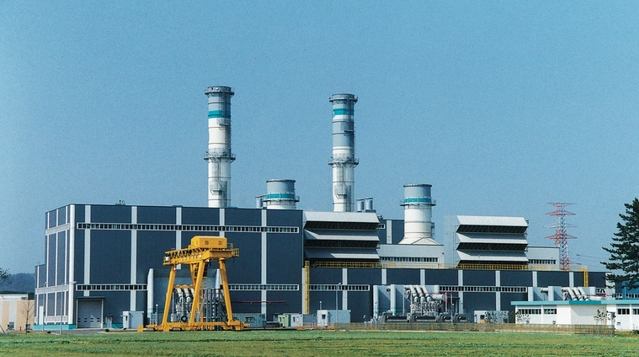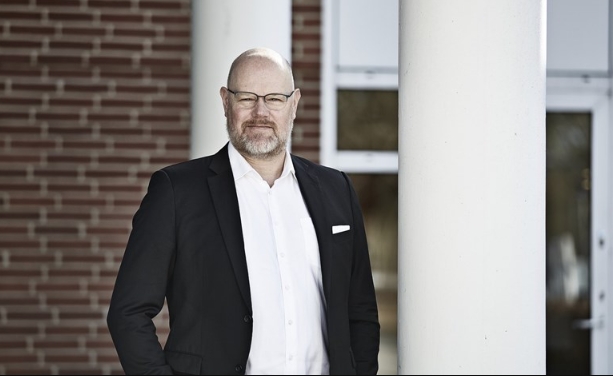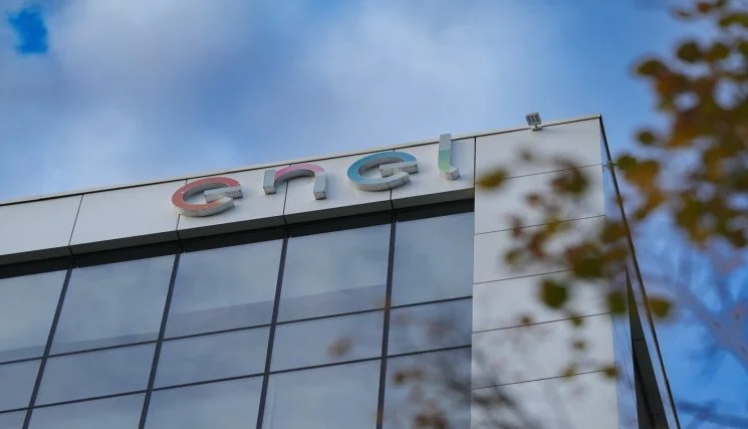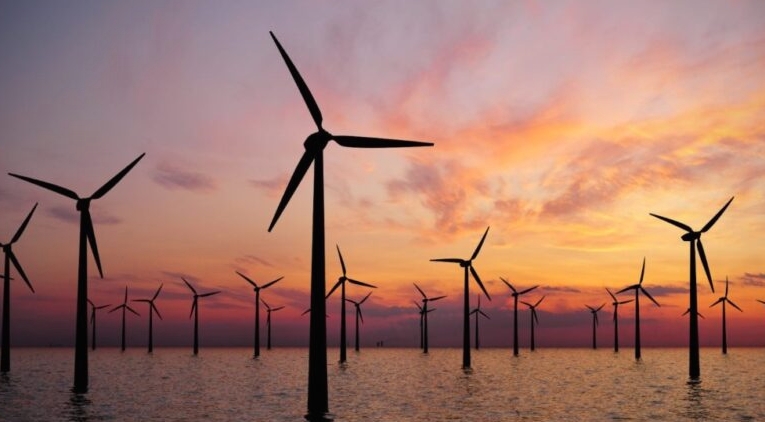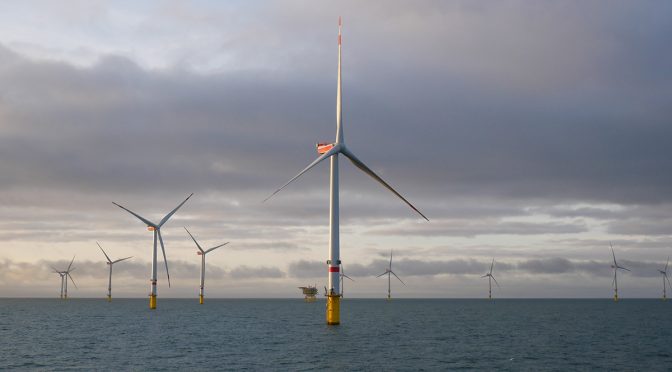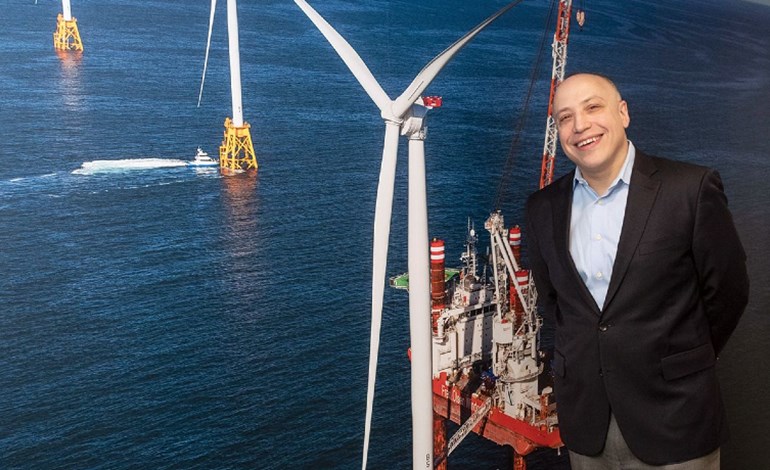Utilities have responded by saying they will bid for subsidies that Berlin has committed to pay because the plants will complement volatile renewables until such time that electricity can be 100% green.
They will need financial support because they will only operate when weather-driven renewable supply falls short - not enough to recoup their investment costs.
Here are public statements from companies pertaining to their involvement and stance on the scheme.
IQONY
The offshoot of coal-to-power group Steag plans to build hydrogen-ready gas-fired plants at Bergkamen, Bexbach and Querschied-Weiher, depending on conditions attached to the government tenders.
Chief Executive Michael Lewis told a Feb. 28 earnings call with analysts that he saw huge potential in the plan, calling for it to be "quickly detailed and put into action".
Uniper could start with 1-2 GW if the government's framework conditions were acceptable, he told Reuters.
He also said that 10 GW was insufficient to encourage an early departure from coal, putting the requirement for that to happen at 20-25 GW of new capacity.
Western-focused mining and generation company RWE, Germany's biggest power producer, said it plans to take part in the tenders.
Statkraft
The German arm of Norwegian power utility Statkraft said it would study the government's plan but would focus primarily on converting its existing gas-fired plants to hydrogen under ongoing internal company schemes.
KMW
Rhine-Main area generator Kraftwerke Mainz-Wiesbaden said on March 4 that it wants to build a hydrogen-ready gas plant for 250 MW power and 100 MW district heat capacity at the site of an existing gas engine plant.
Provided the government strategy is a fit for its plan, the new unit's commissioning could happen in 2028, the municipially-held company said.
